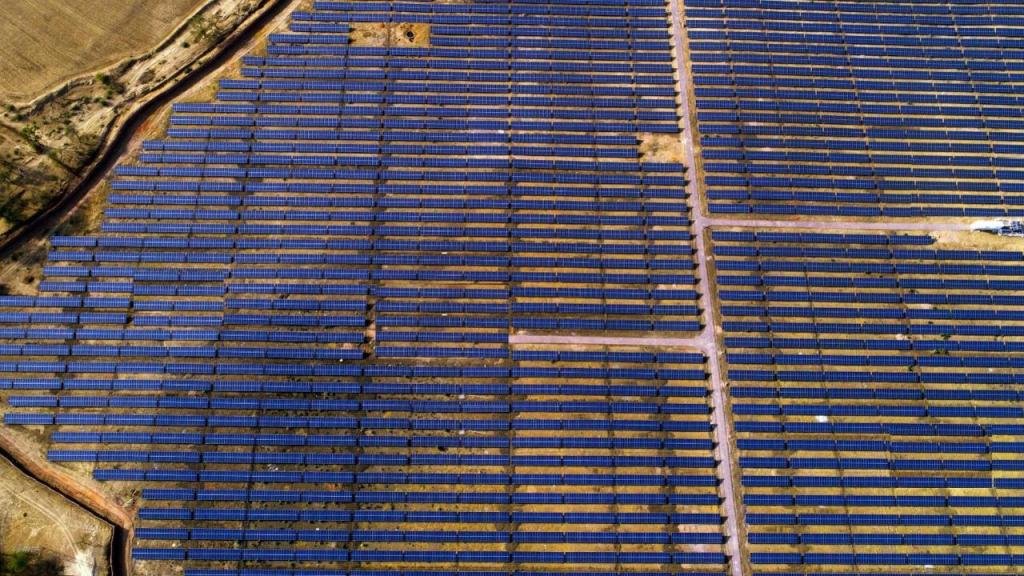ADB, SAEL sign Rs 12.23 Bn deal for 400 MW solar power plant in Gujarat
The plant is anticipated to produce an average of 953 gigawatt-hours of clean energy annually, helping to avoid approximately 783,855 tonnes of carbon dioxide emissions annually
The Asian Development Bank (ADB) and SAEL Industries Limited, through its subsidiary SAEL Solar P4 Private Limited, have signed a loan of up to 12.23 billion Indian rupees (about $147 million equivalent) for the development of a 400-megawatt (MW) greenfield solar power plant in Gujarat, India, to support the country’s ongoing transition toward clean energy and low-carbon growth.
The financing package comprises 12.23 billion Indian rupees from ADB and a parallel loan of up to 6.11 billion Indian rupees underwritten by Tata Capital. ADB led the structuring of the financing package as well as the mobilisation of domestic private capital.
“The private sector must play a pivotal role in the transition from fossil fuels to renewable energy generation, particularly in Asia and the Pacific region, which contributes over half of global greenhouse gas emissions. As the region’s climate bank, ADB provides long-term local currency financing to stimulate private sector investment in clean energy,” said Suzanne Gaboury, ADB Director General for Private Sector Operations. “ADB’s partnership with SAEL supports the Government of India’s objective of achieving 500 gigawatts of renewable energy generation capacity by 2030.”
SAEL Solar P4 Private Limited will build and operate the solar powerplant, situated within the Khavda Ultra Mega Solar Park in Gujarat, India. The electricity generated by the solar plant will be supplied to Gujarat Urja Vikas Nigam Limited, the state-owned power distribution company, through a 25-year purchase agreement. The plant is anticipated to produce an average of 953 gigawatt-hours of clean energy annually, helping to avoid approximately 783,855 tonnes of carbon dioxide emissions annually. SAEL and ADB have previously partnered in a biomass power generation project that uses agricultural residue.
The plant is anticipated to produce an


